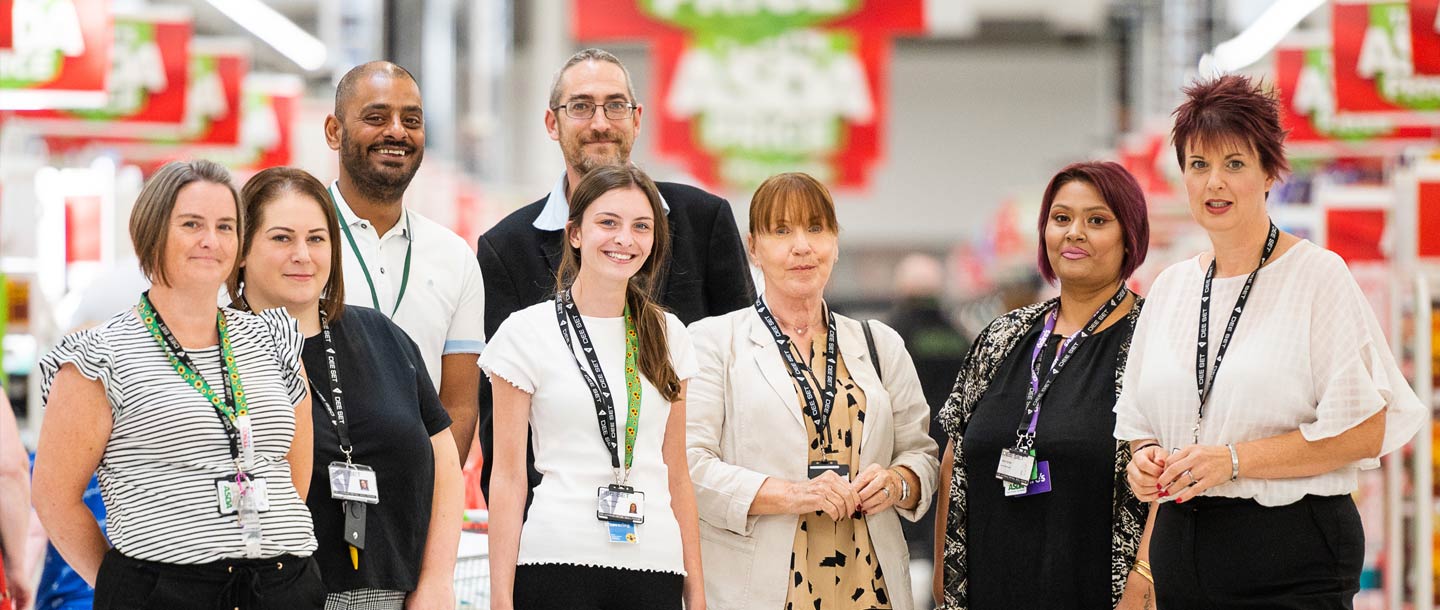
Dee Set CEO, Greg Phillips provides comment in The Grocer's latest feature, written by Harry Holmes (The Grocer, Features Editor): This year, the World Cup is moving to December. Will other summer sporting events take centre stage? And how will food and drink deal with the pressures of a World Cup at Christmas? Qatar, 18 December 2022. The clock ticks towards 9pm. After 120 minutes of the World Cup final, the two teams cannot be separated. In the penalty shoot-out, Gareth Bale misses Wales’ final kick. Harry Kane makes his way towards the penalty spot. A nation holds its breath. OK, OK, let’s not jinx it. But with the bookies predicting England will reach at least the semi-finals (Wales and Scotland’s odds are marginally less favourable) there are surely at least a few fans dreaming football could this year be coming home for Christmas. If it does, it won’t just be the fans in wild ecstasy. Food and drink brands will be partying too. For as one of the biggest events on the planet, the football World Cup is an almost unrivalled opportunity to boost sales and entrench their brand in the hearts of millions of fans. Especially when the home nations do well. The Three Lions’ final-reaching run in the Euros last year generated an additional £2.3bn of food and drink sales in the UK, and that’s not even including pubs. Add those in and the total comes to £3.1bn, according to the Centre for Retail Research – not far off Iceland’s total annual sales. Yet this year’s World Cup has changed the rules of the game somewhat. Qatar’s scorching heat means the tournament has moved away from its typical summer slot into November and December – with the final due just one week before Christmas Day. It presents some unique questions for the year’s sporting calendar. Namely, how will businesses adapt when one of the world’s largest sporting events collides with the ever-manic build-up to Christmas? And secondly, can any other sporting event can fill the World Cup’s place as the dominant fixture of the summer? “How people try and blend Christmas and World Cup promos will be a real challenge” To understand the impact on the summer’s events, it’s vital to understand what a winter World Cup means for retailers and brands. “This year is a really one-off dynamic,” says Greg Phillips, CEO of Dee Set, which works with Sainsbury’s, Morrisons, Asda and Waitrose on in-store marketing strategies. He argues the timing of 2022’s biggest sporting event will have clear ramifications “on marketing budgets and use of space in store”. Largely, this is because Christmas is just around the corner, so “how people try and seamlessly blend Christmas and World Cup promos will be a real challenge,” he explains. “But a real opportunity for the retailers and brands who get it right.” To his mind, a joined-up and creative approach will be essential. “Think footy-mad Santa, elves’ freestyle football tricks and 12 days of Cristiano,” he suggests. Any activity will certainly need to deliver maximum impact given the expected cost of advertising at this time. Granted, food and drink brands will no longer have to jostle for slots with sectors such as the travel industry, which usually invests heavily in advertising around the summer tournaments. But within the food sector, competition will be at its peak as the collision of the World Cup and Christmas for the first time leaves many food and drink companies feeling they can’t afford to miss out. “It’s going to be very, very competitive,” says Phillips. “If you want to land a promotion in November and December in any year that comes with a ticket. But then add in how competitive the sponsorship and marketing around the World Cup will be and brands are going to be really keen to be at the forefront of that.” For some categories, however, it won’t be possible to go all-out. The new HFSS laws landing in October mean foods like crisps and bagged snacks will be banned from daytime TV advertising, as well as prominent promotions in stores. With new HFSS laws landing in October, the World Cup is badly timed for foods like crisps and bagged snacks For them, the World Cup is terrible timing. Had it taken place in the summer, snacks like crisps would be front and centre of every supermarket’s campaign as one of the traditional bedfellows of major sporting events. As it is, the tournament rolls around once these new laws are in place and could be a painful time for brands unless they have reformulated successfully. On the flipside, that timing could be a gift for booze brands. As most ‘party foods’ will be banned from promotional slots on aisle-ends, retailers will be looking to other categories to fill this space. Based on trials taking place at Tesco, alcohol is in pole position to appear in these areas. Booze brands will certainly need to drive sales in retail, given that a Christmas World Cup will be bad news for sales in pubs and bars. Budweiser is predicting lower than normal on-trade sales – and the higher margins that come with those – as many fans opt to watch from home, rather than jam-packed beer gardens. It is banking on higher uplifts in retail sales to compensate, with a forecast 30% rise in retail sales through the Christmas period. It’s an improvement on the figures seen during other tournaments. During last year’s Euros, for example, it grew sale volumes by 18%. The timings of England’s games will also help to boost those volumes. Two of their games in the group stage – including a potentially intoxicating clash against Wales or Scotland – are at 7pm UK time, setting the scene for fans to watch the match with a drink after work. Read the full article here.